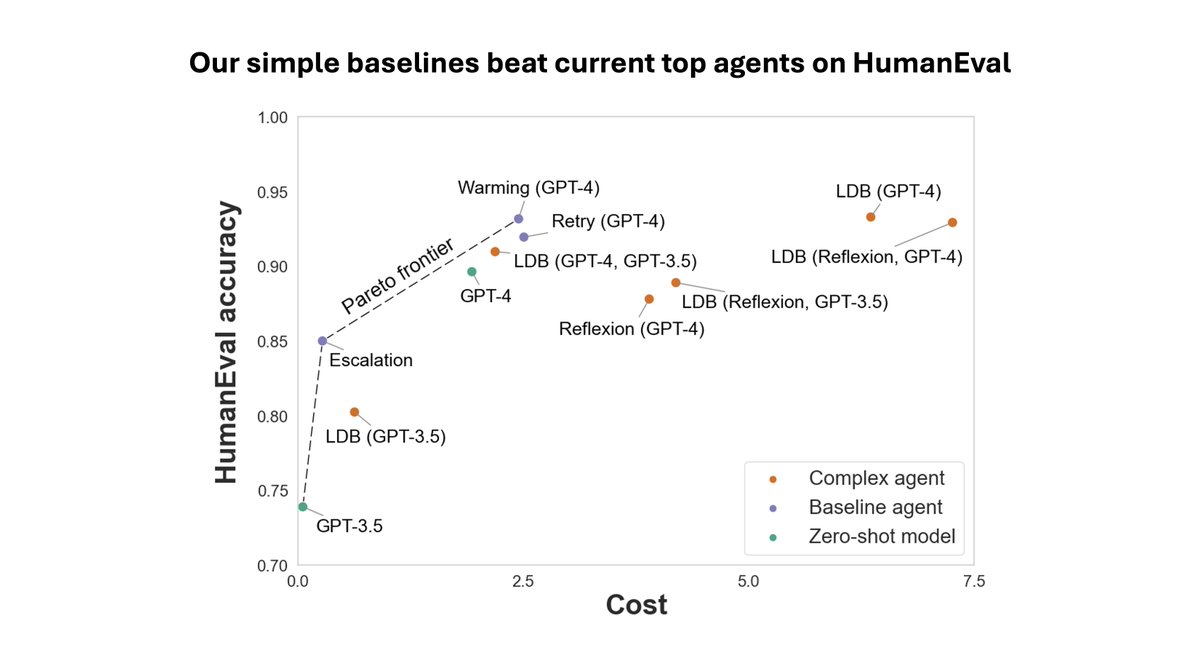15 years ago my PhD advisor taught me One Weird Trick for editing your own writing. Edit **back to front**, paragraph by paragraph. I still use it and it still surprises me how well it works. When I get my students to do it, it often blows their minds. Try it!
Most writing is way too complicated because we imagine our readers as machines who progress linearly through it, maintaining a perfect memory and understanding of everything they've read so far. Back-to-front editing helps us see how jarring the text is to a human reader.
And let's face it—reading your own writing is terminally boring (when it's not nails-on-chalkboard painful). So when we edit front to back, our brains process relatively little of the text. Back-to-front editing forces the brain to work more, so we notice more. And it's more fun!
The best way to edit your writing is to have someone else do it. The second best way is to put it away for a few weeks before editing it, so the text isn't fresh in your mind.
Back-to-front editing is always worthwhile, but especially when the first two options aren't available.
Back-to-front editing is always worthwhile, but especially when the first two options aren't available.
It's nice to see many responses to this thread from professional editors affirming back-to-front editing!
I've often heard the advice to read your text out aloud, but I've never heard the twist of using an AI voice. Interesting!
I've often heard the advice to read your text out aloud, but I've never heard the twist of using an AI voice. Interesting!
https://twitter.com/jburkespraker/status/1581679431982415872
A few comments asked about doing it sentence-by-sentence vs paragraph-by-paragraph. Either is good! If the goal is only proofreading, then sentence-by-sentence is probably most effective, whereas paragraph-by-paragraph also lets you spot structural problems with the text.
If you found this thread useful, see the replies to the first tweet for more tips (changing the font? I'd never have guessed that'd work!)
Of course, good writing and editing isn't just about tips & tricks. It takes years of practice. My favorite book ↓
Of course, good writing and editing isn't just about tips & tricks. It takes years of practice. My favorite book ↓
https://twitter.com/random_walker/status/1208555360254083074
Ha, a surprising number of people are asking if back-to-front editing means reading sdrow sdrawkcab.
I just mean edit the last paragraph first, then the penultimate paragraph, and so on. Hope that cleared it up!
But if backwards reading worked for you, let me know 🙃
I just mean edit the last paragraph first, then the penultimate paragraph, and so on. Hope that cleared it up!
But if backwards reading worked for you, let me know 🙃
I learned from the replies to this thread that the same thing works for music and even for art—holding a painting upside down lets you spot problems. It’s obvious in retrospect but still awesome that disrupting familiar mental patterns is such an effective and general life hack!
• • •
Missing some Tweet in this thread? You can try to
force a refresh










